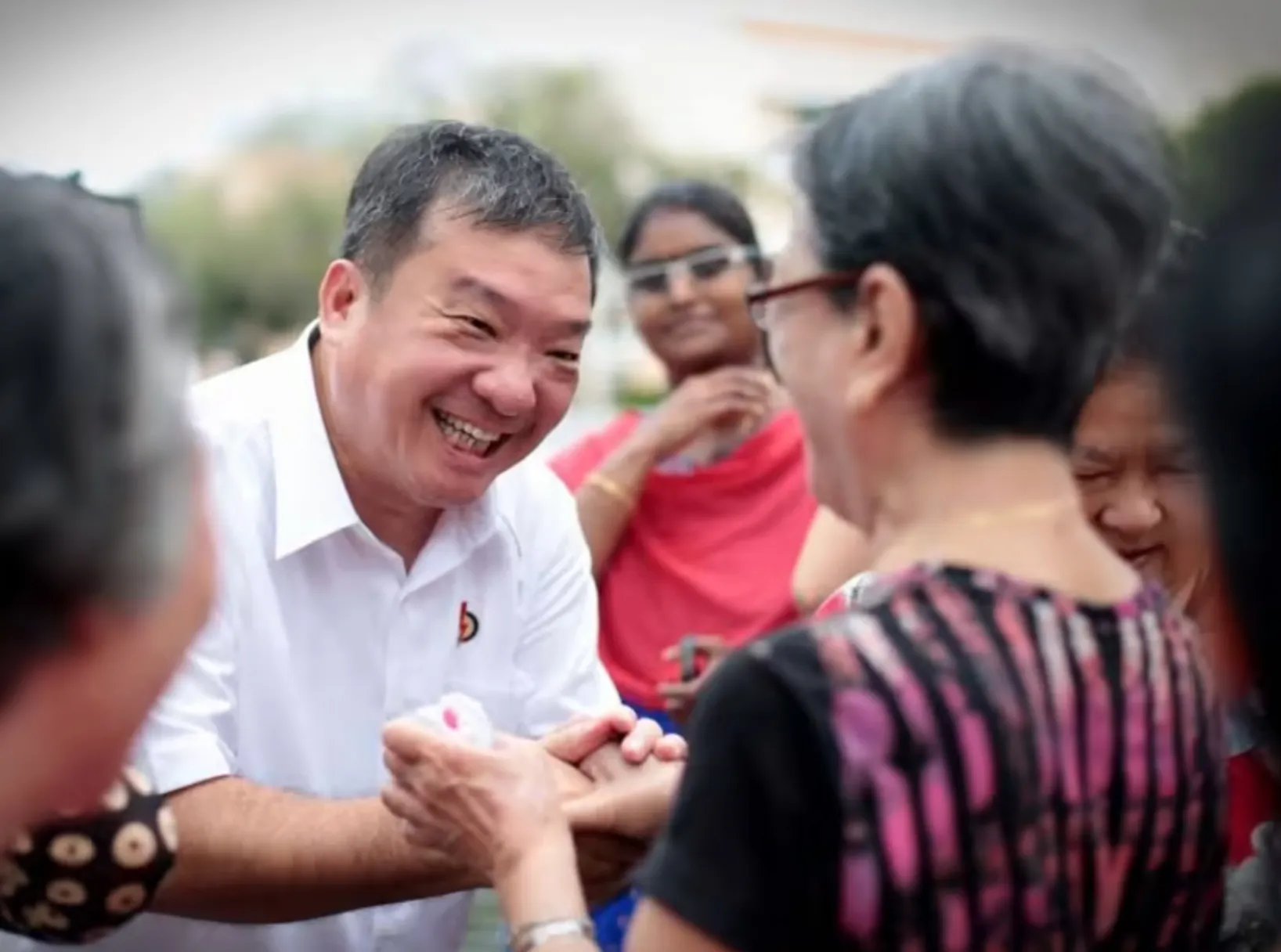Opposition MPs can take a leaf out of PAP’s Sitoh’s book on how to campaign for votes
‘Stubborn Sitoh’ experience in Potong Pasir shows that what really matters is how you connect with voters, no matter where the lines are drawn.

Opposition parties often point to boundary changes as a major obstacle. They argue that redrawing electoral lines makes it tough to connect with voters.
But what if winning isn’t just about where the boundaries are drawn?
People’s Action Party (PAP) Sitoh Yih Pin’s journey in Potong Pasir is one example of how real, consistent engagement can cut through all the noise about boundaries.
Stubborn Sitoh’s of Potong Pasir
In 2001, Sitoh went up against Chiam See Tong—a heavyweight in Potong Pasir who had held the seat since 1984.
Unsurprisingly, Sitoh lost that first round, bagging 47.57% of the vote to Chiam’s 52.43%.
Most would have taken the hint and moved on, but not Sitoh.
In 2006, he tried again, and once more, Chiam emerged victorious. Sitoh only managed to get 44.18% of the vote.
Sitoh stayed the course, continuing to engage with the people of Potong Pasir, building relationships, and making sure they knew he was there for the long haul.
Sitoh’s win in 2011 general election
In 2011, Chiam had moved on to contest in Bishan–Toa Payoh GRC, leaving his wife, Lina Loh, to defend Potong Pasir.
Sitoh won the seat—by a razor-thin margin of 114 votes.
But that wasn’t the end of the story. Sitoh kept working, kept engaging, and by 2015, he had increased his vote share to a solid 66.39%.
In the 2020 election, he retained his seat with 60.67% of the vote.
The unfair advantage of boundary changes
Boundary changes can mess with a politician’s voter base.
If your constituency’s boundaries shift, some of the voters you’ve built relationships with might end up in a different constituency.
It’s like playing musical chairs, and suddenly the tune changes.
But here’s the thing: if you’ve done your job right, your influence can go beyond just the people within your boundary.
When voters are moved to a new area, they don’t forget the trust and connection they had with you. That reputation sticks with them, and it can even spread to their new neighbours.
In short, the impact of your work can cross boundaries, literally.
What the opposition MPs can learn from ‘Stubborn Sitoh’
This is where the opposition might want to take a page from Sitoh’s playbook.
Instead of getting caught up in the challenges of boundary changes, they could focus more on building strong, lasting relationships with voters—relationships that don’t just fade away when lines on a map shift.
The Workers’ Party’s wins in places like Sengkang weren’t about boundary changes; they were about solid voter engagement.
Boundary changes will always be a factor in politics.
Sitoh Yih Pin’s experience in Potong Pasir shows that what really matters is how you connect with voters, no matter where the lines are drawn.
The opposition might want to consider this: focus less on the boundaries and more on the people.
After all, it’s the voters, not the map, that ultimately decide who wins.

